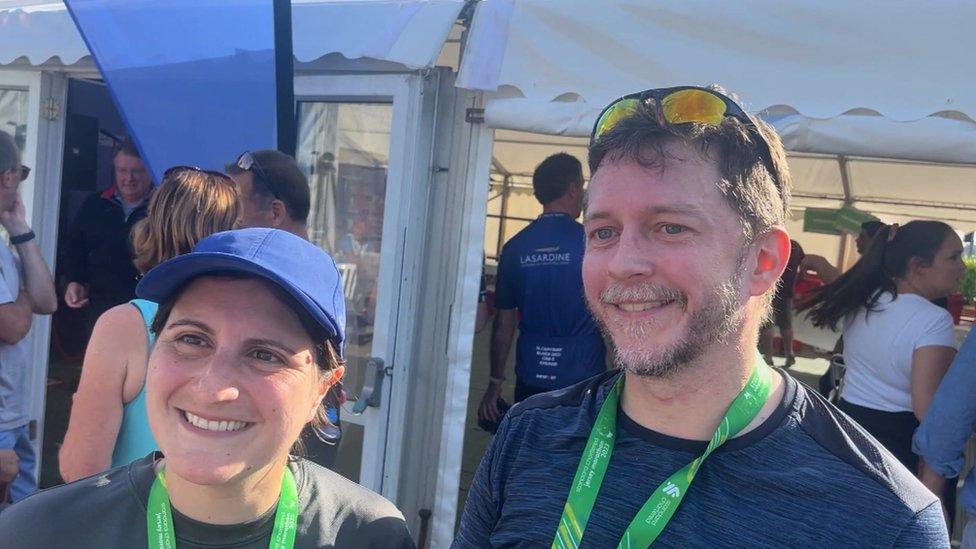Therapy 'helped me immeasurably' - cancer patient
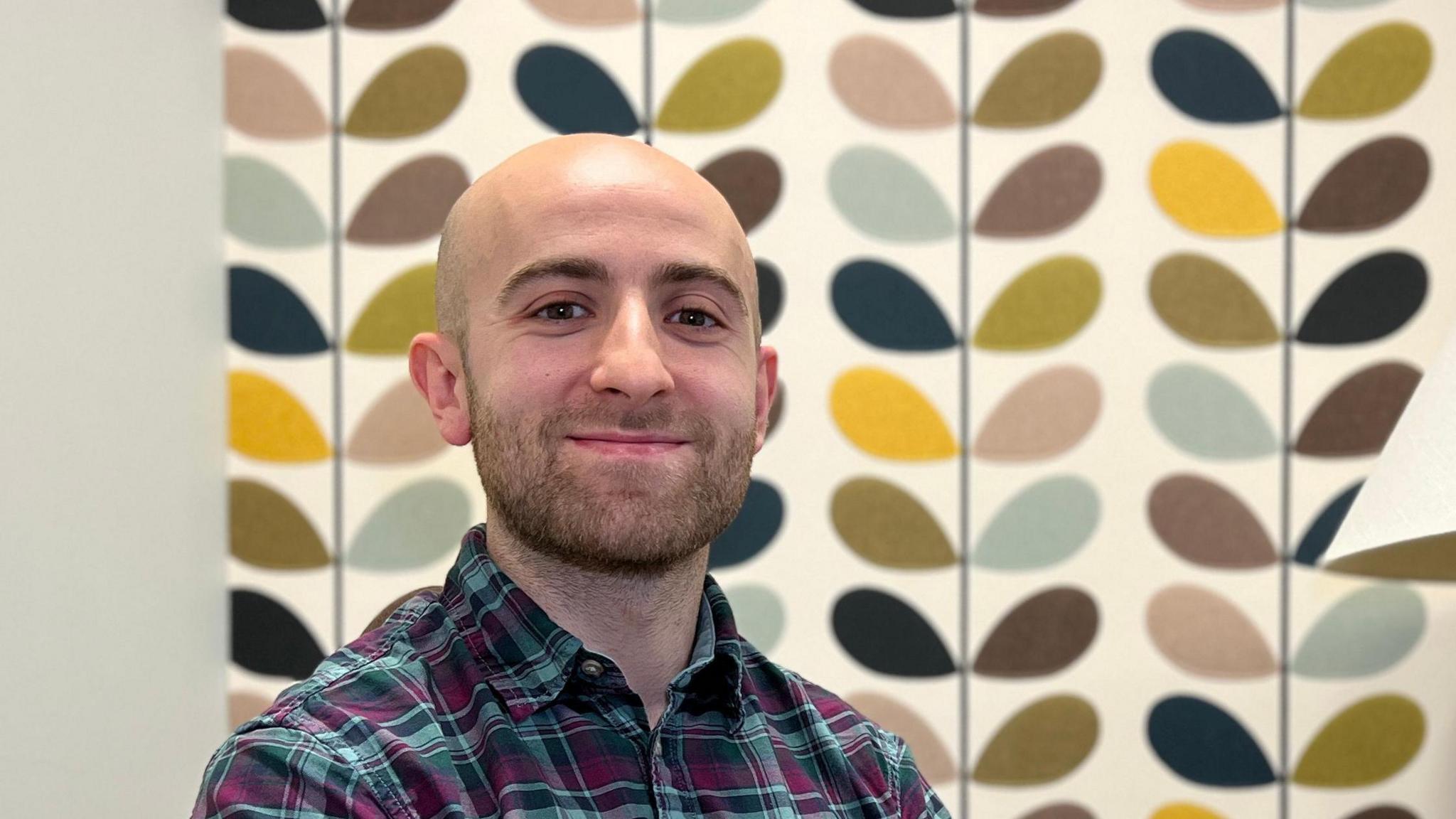
Jered Kelly wants more men to use therapy if they need it
- Published
A cancer patient wants to change the way people, and men in particular, think about therapy support sessions after he says it helped him "immeasurably”.
Jered Kelly, from Jersey, was diagnosed with testicular cancer two years ago when he was 27 years old.
Mr Kelly is now in remission and said therapy sessions at Macmillan Jersey allowed him to offload.
"It helped me so much, so I just think that it will help other people," he said.
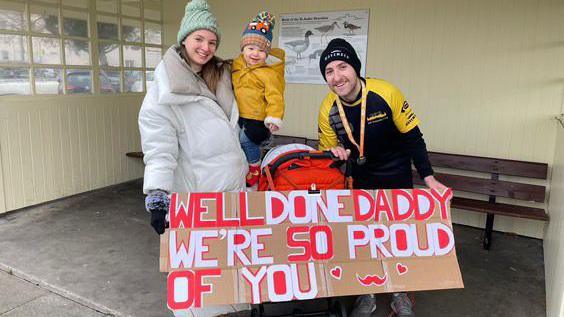
Jered has been supported by his family but said it has been important not to overburden them
In 2022, an initial scan revealed the cancer and Mr Kelly had a testicle removed.
In 2023, another scan showed the cancer had spread to his abdomen.
He said it “definitely was a lot harder to deal with” when he heard it had spread and “your mind takes you to places that maybe you don't want to go”.
“I think it does need people who are going to step up and say 'I've gone through this and it's OK to speak about things' which is why I’m sharing my story,” Mr Kelly added.
He said he could "unburden" during therapy sessions without putting "pressure" on his family and friends.
Mr Kelly will run the Jersey Marathon on Sunday to raise money and awareness for the cancer charity.
So far he has raised more than £2,600 for Macmillan Jersey.
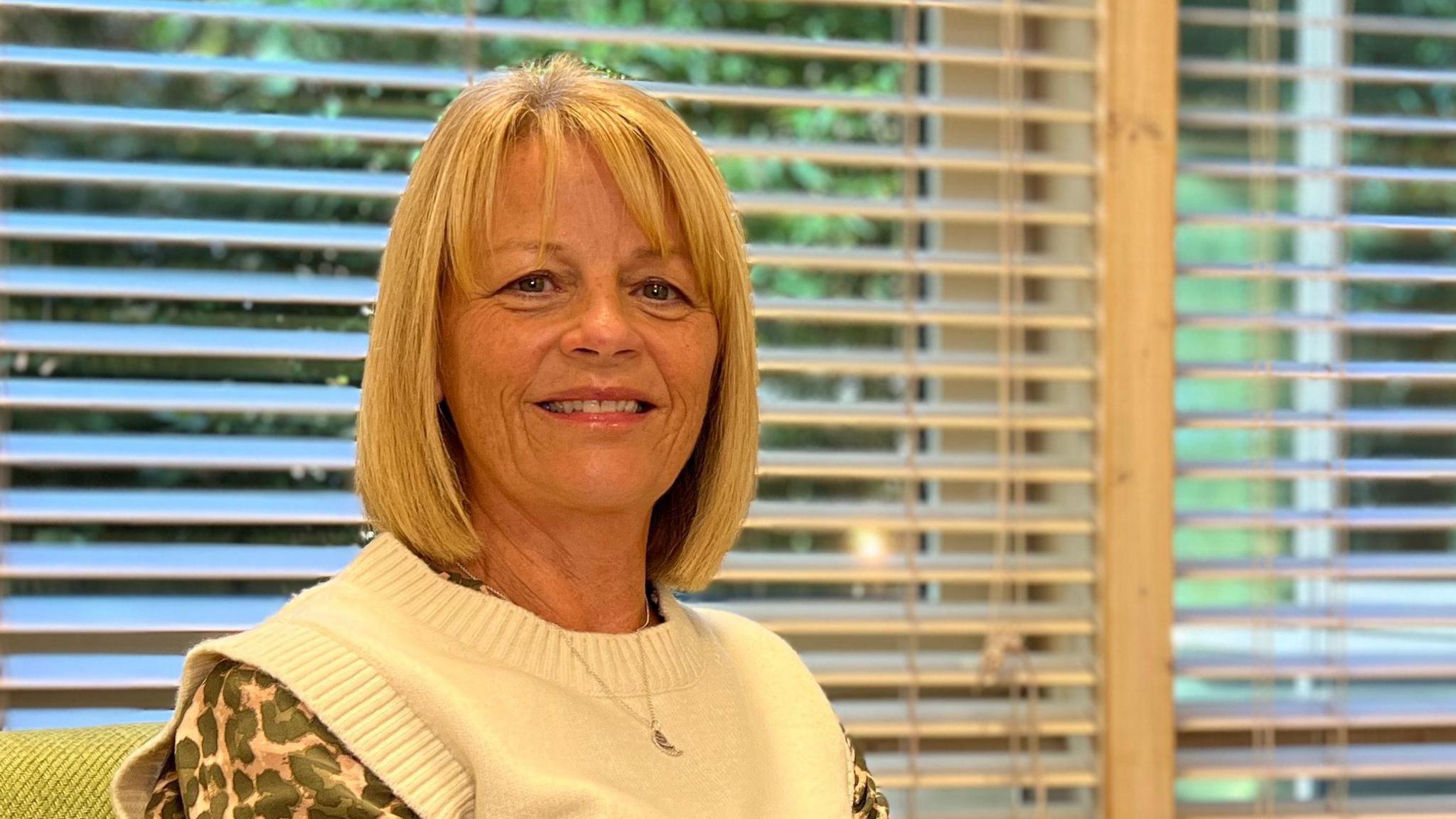
Therapist Kate Fitzpatrick hopes Mr Kelly's story inspires more men to reach out for help
Kate Fitzpatrick, who is a therapist at the cancer charity and has supported Mr Kelly during his sessions, said it was “really lovely to hear” he had had a positive experience with therapy as “men are still in the minority to come forward for support”.
She added: “There's still a little bit of a stigma attached to talking because of this feeling that men should be strong but I think speaking to somebody and getting support shows an enormous amount of strength”.
Follow BBC Jersey on X (formerly Twitter), external and Facebook, external. Send your story ideas to channel.islands@bbc.co.uk, external.
Related topics
- Published9 August 2024
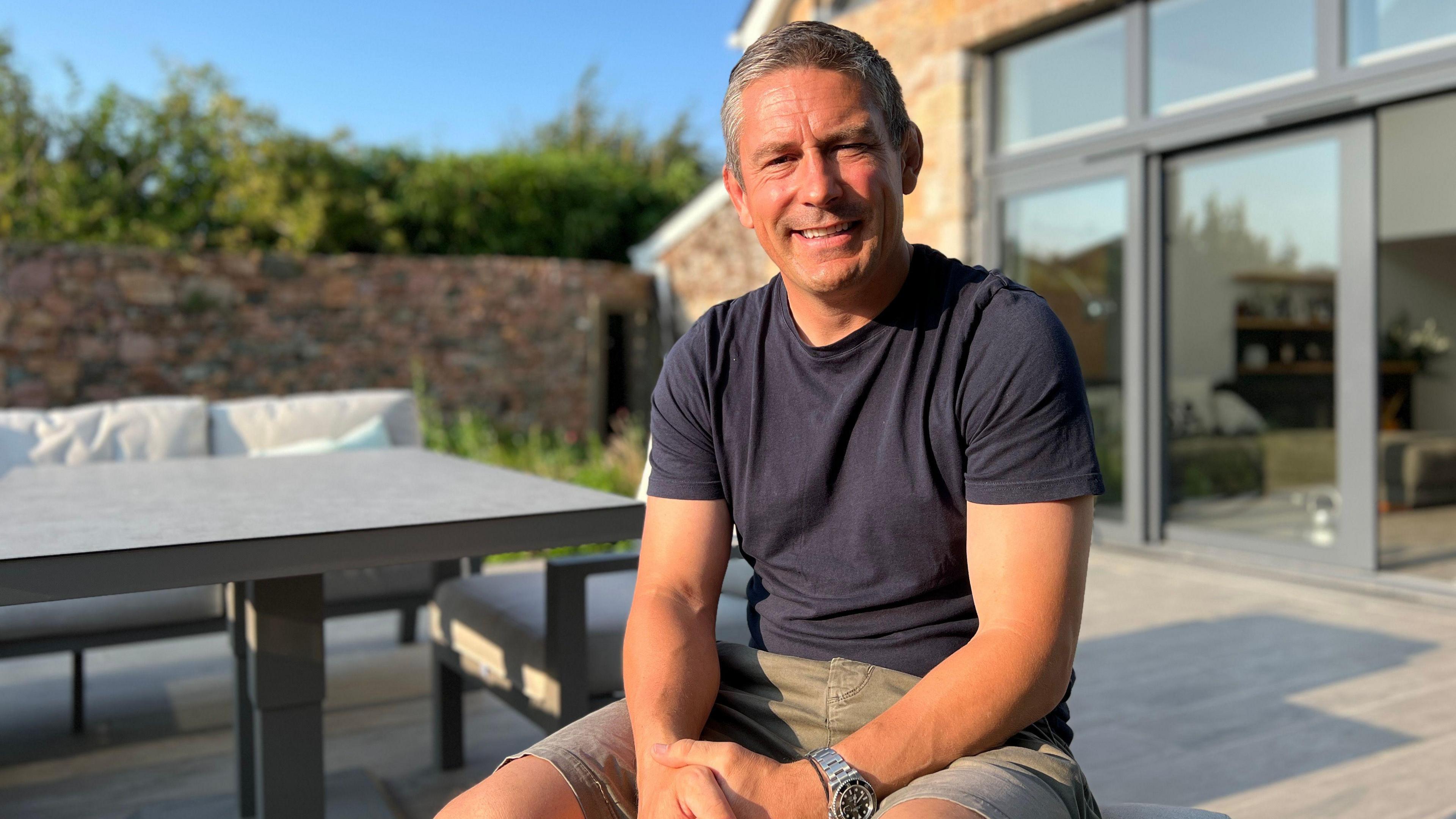
- Published30 May 2024
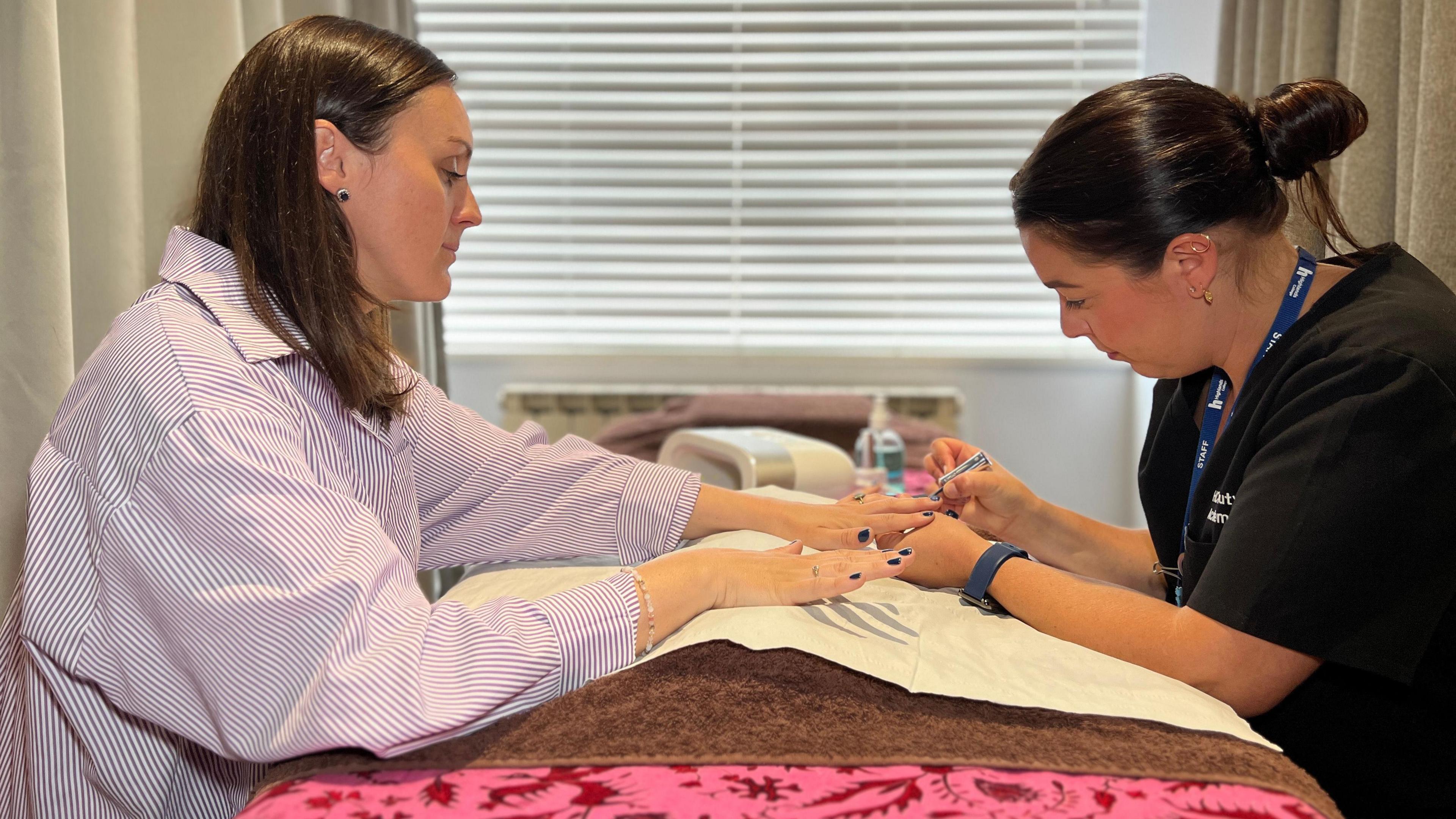
- Published1 October 2023
